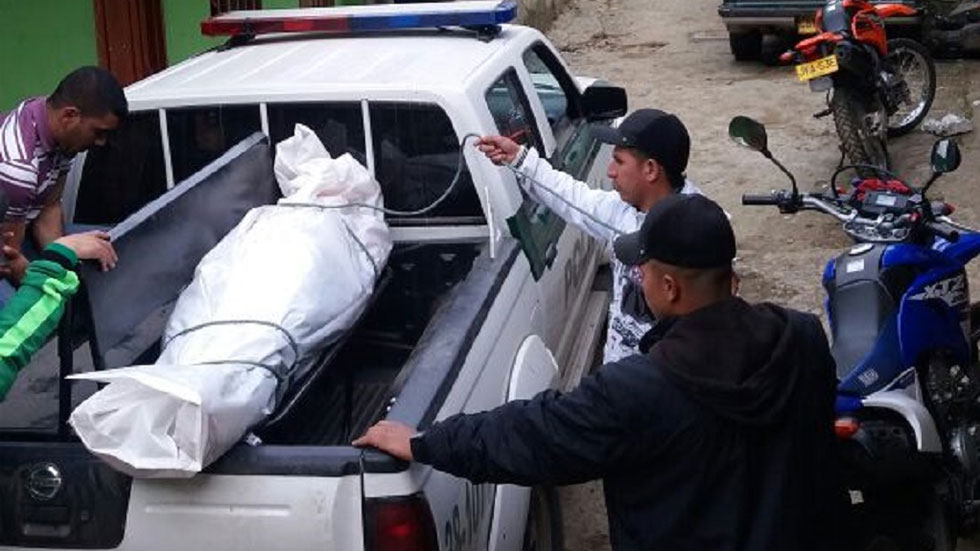RIO DE JANEIRO, BRAZIL – A United Nations (UN) representative asserts that the assassination of former guerrillas, social leaders, indigenous and environmental and anti-violence activists is one of the main obstacles to the implementation of peace in Colombia today.
The assertion was made by the head of the UN Verification Mission in the country and special representative of the Secretary General of that organization, Carlos Ruiz Massieu, who sees the issue of security as one of the greatest hurdles for bringing the peace process to a successful end.

Colombia is daily a scenario of acts of political violence without the government of President Ivan Duque providing a forceful response to the issue as political opposition sectors and civil society demand.
According to the UN, more than 13,000 demobilized members of the guerilla movement Revolutionary Armed Forces of Colombia (FARC) backed up the signing of the Peace Agreement with the government in 2016, but since then more than 200 have been murdered throughout the country.
The FARC, now a political party called the Common Alternative Revolutionary Force, estimates that 245 demobilized guerrillas have been killed, while the Research Institute for the Development of Peace (Indepaz) counts 284 social leaders and human rights defenders who have been violently killed so far this year.
Indepaz adds to this data 79 massacres in which another 340 Colombians have been killed in the past 12 months.
One of the biggest challenges, the diplomat said, is that the state can reach the territories, but not only with the public forces, but also with civil institutions, education, health, judicial sections, and institutions that provide development, services and security to these territories.

